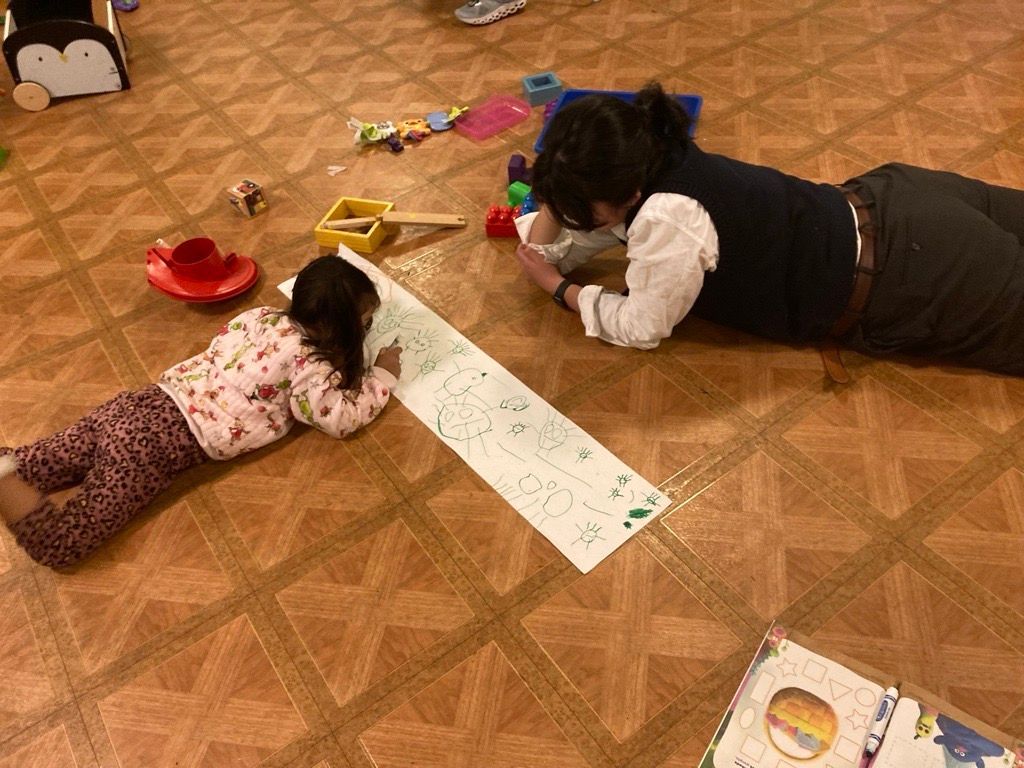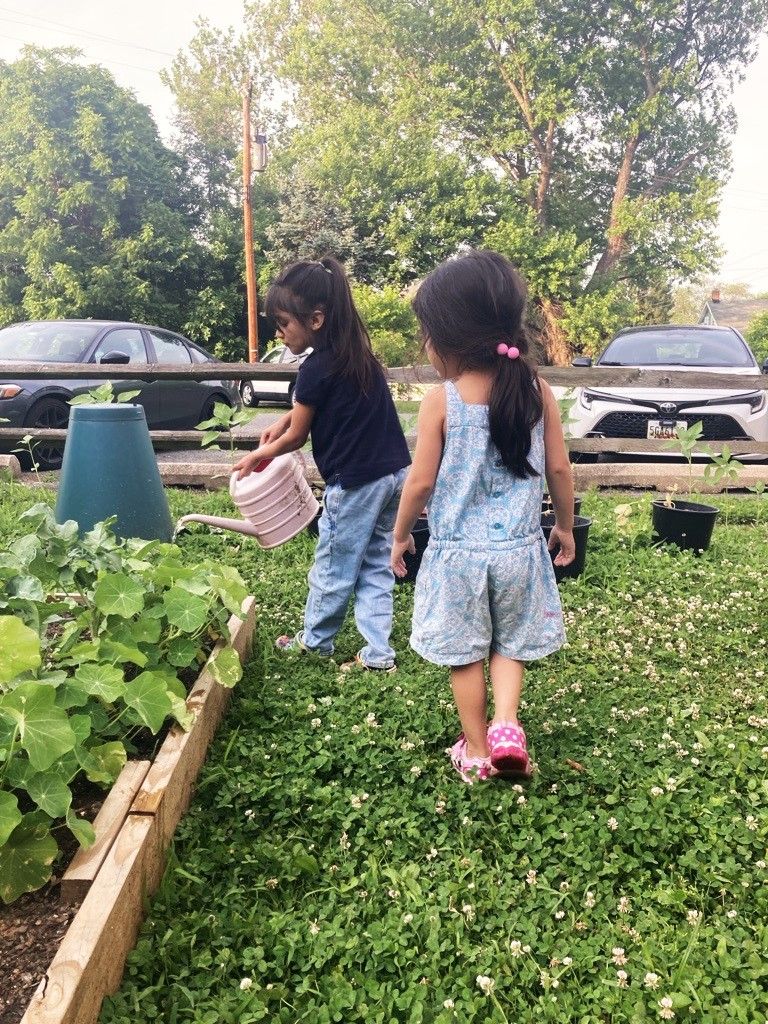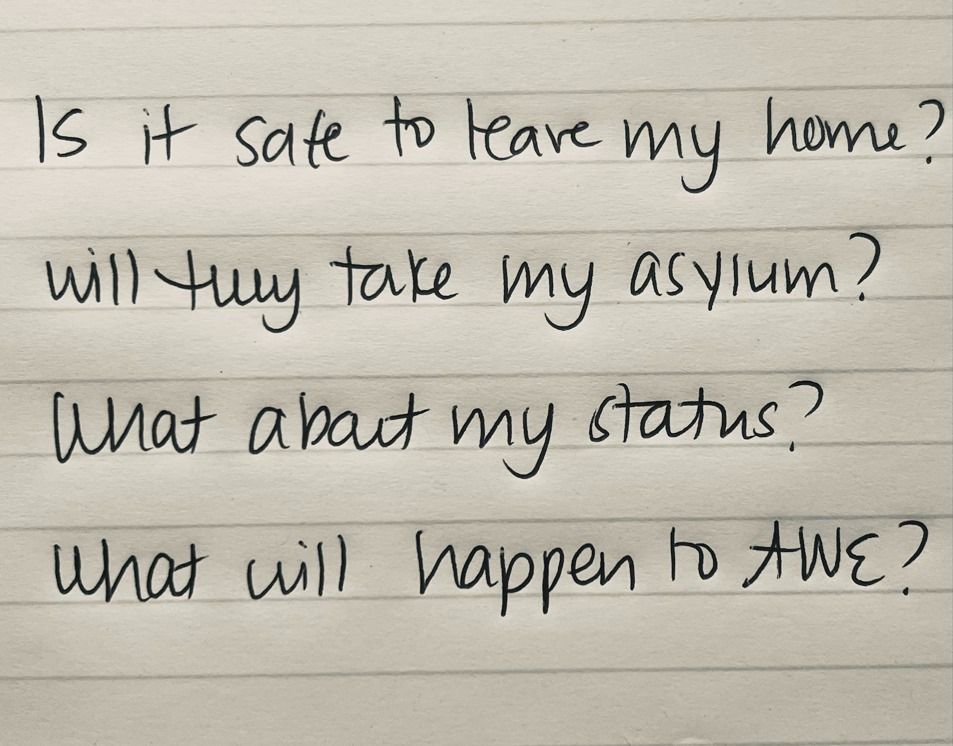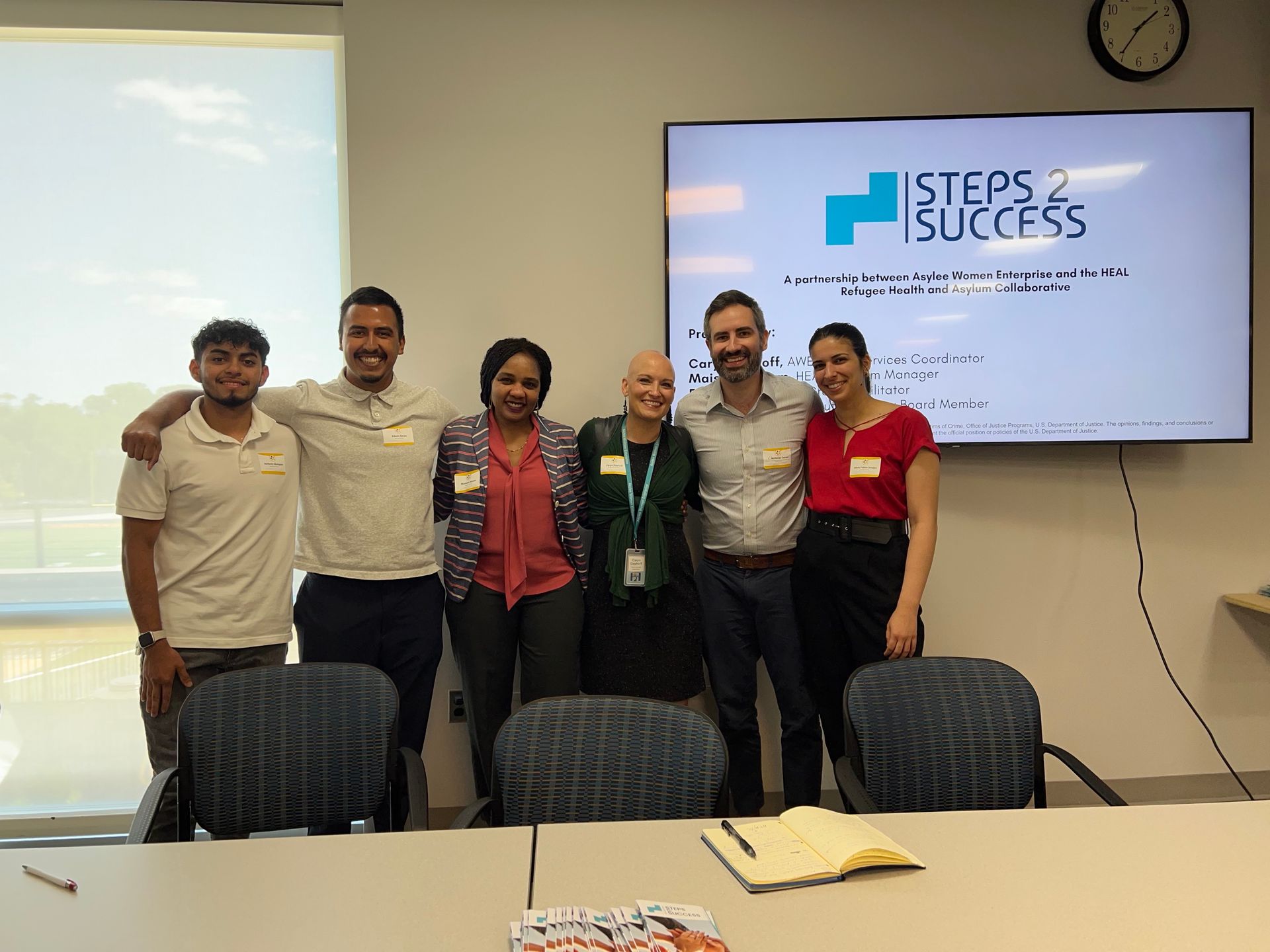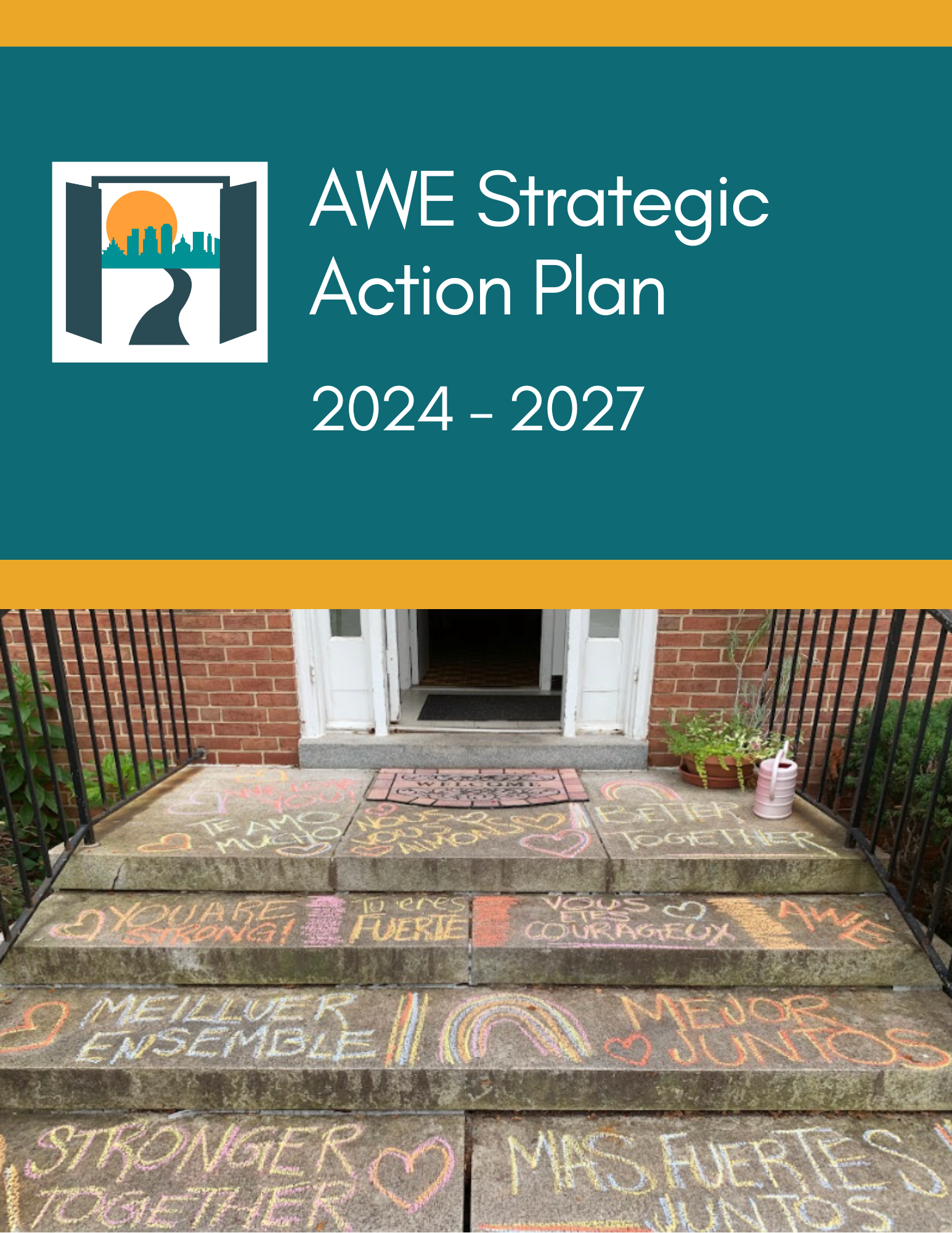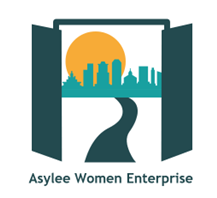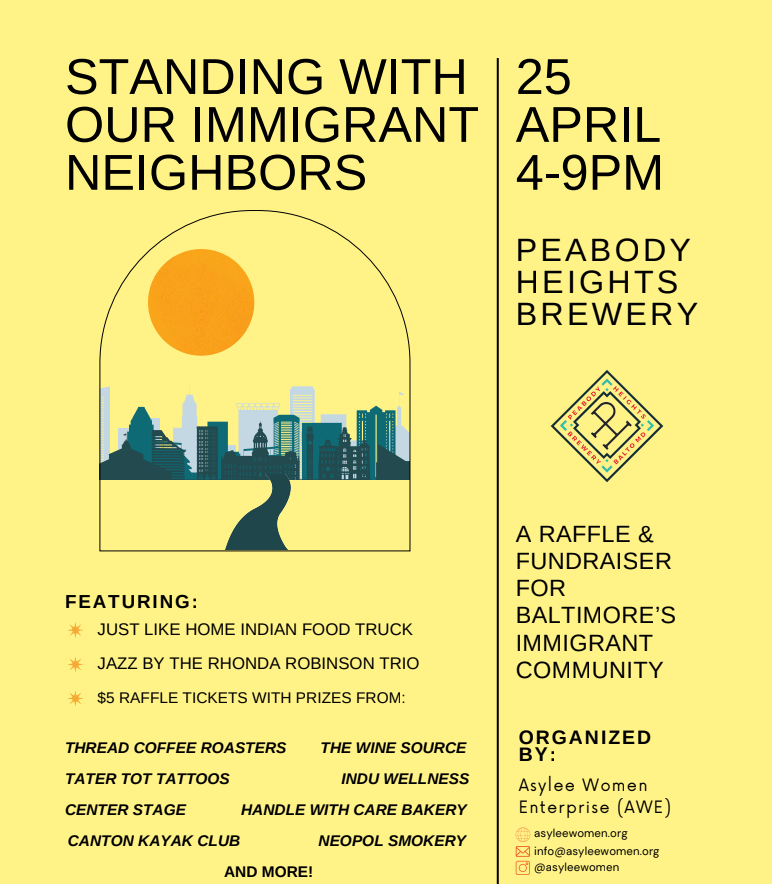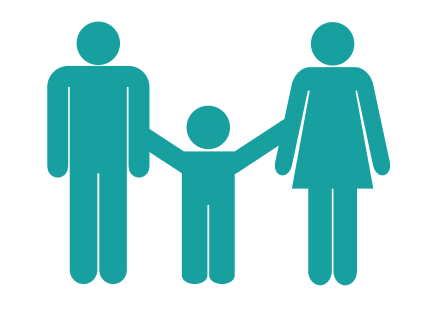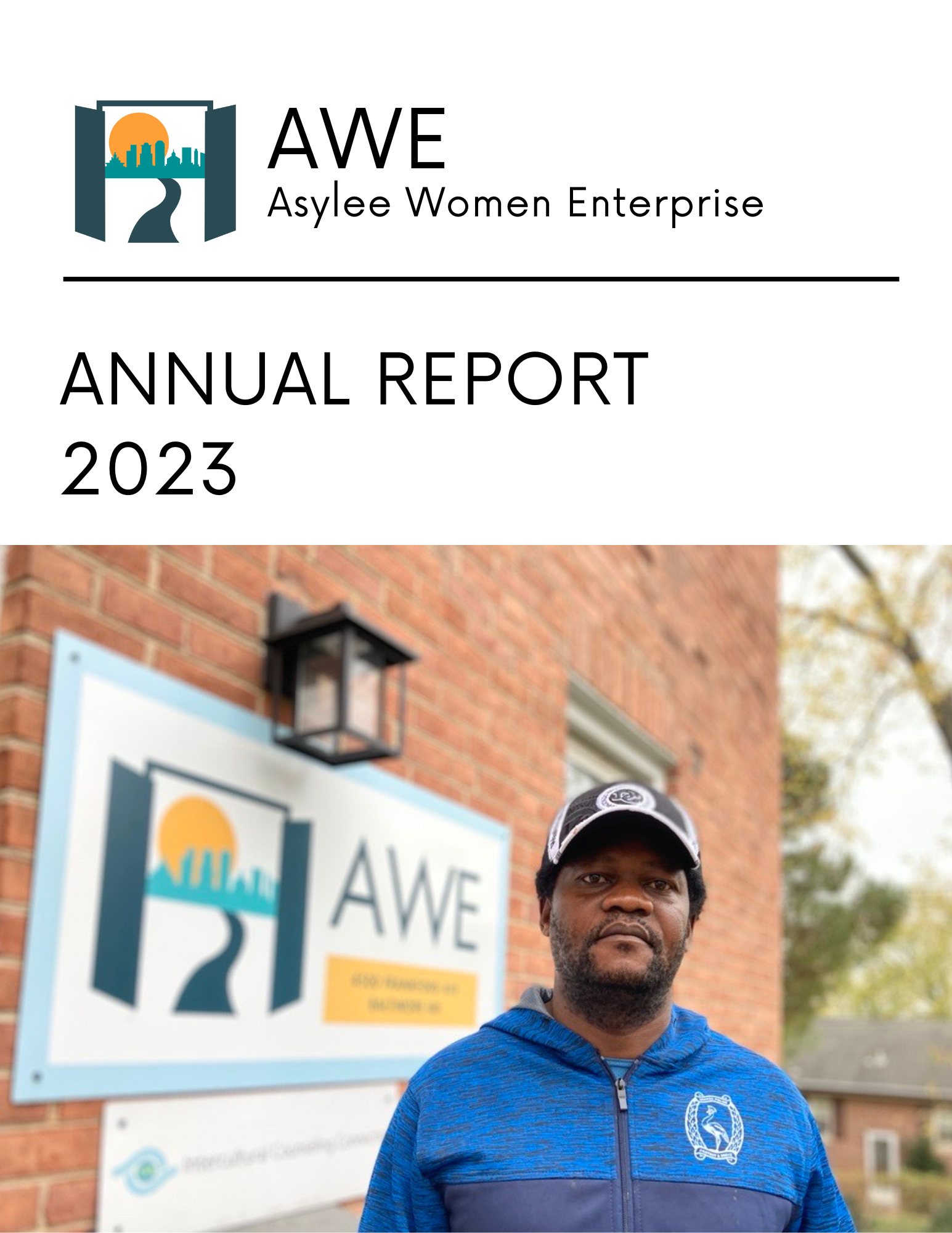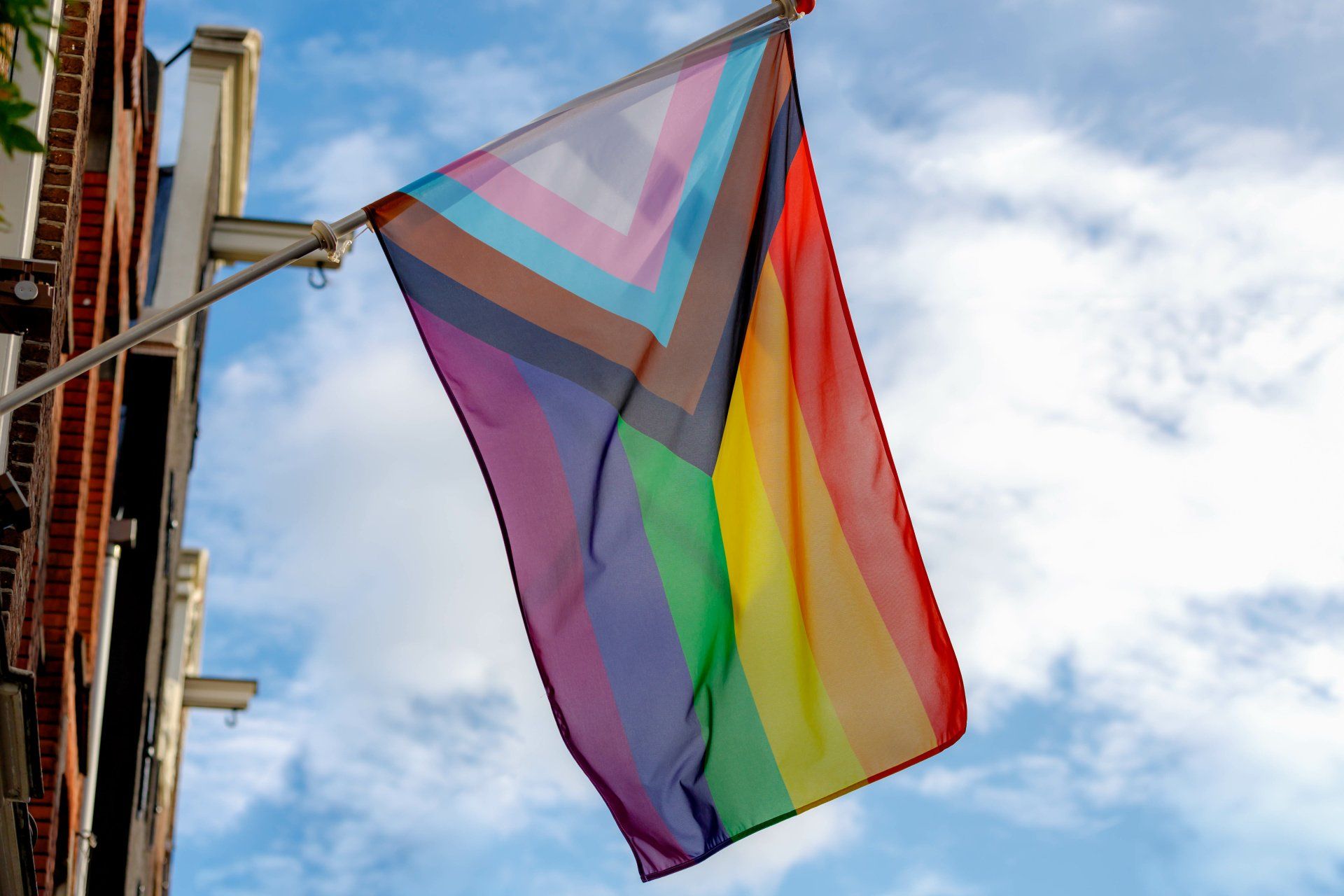
September 2, 2022
By Hannah Pursley
At 17, most American teenagers are focused on graduating high school and gearing up for college. They spend their free time studying for final exams, making plans for prom, or hanging out with friends.
Kofi* didn’t have this luxury. As a transgender teenager living in Ghana, Kofi was in constant danger of discrimination and violence. Due to her sexual orientation and gender identity, she was repeatedly threatened and attacked growing up, and eventually expelled from school.
Same-sex sexual acts have been illegal in Ghana since the colonial era. Discrimination and persecution of LGBTQ+ people are common, and often encouraged by the media and religious and political leaders. In 2021, the Ghanian government proposed sweeping new anti-LGBTQ+ legislation. If passed, individuals who identify as LGBTQ+ and individuals who support LGBTQ+ rights, could face up to five years in prison. Meanwhile, anyone who knows someone who is LGBTQ+ and fails to report them to the government, could be prosecuted and jailed.
One day, while attending a small gathering of LGBTQ+ friends, 17-year-old Kofi and the other guests were attacked by men armed with machetes. Kofi was injured but managed to escape. A few weeks later, her brother and mother arranged for her to travel to Ecuador – one of the few countries that doesn’t require a visa for visiting Ghanaians. From Ecuador, Kofi made the arduous journey to the US, traveling alone by foot, boat, and bus, through jungles, rivers, and darkness. Four months after fleeing Ghana, Kofi made it to the US.
Like those of so many asylum seekers, Kofi's journey did not end after she reached the US. People seeking asylum face numerous challenges once they arrive in America, as they navigate a new culture and language, and an increasingly complex immigration system. Unauthorized to work for months and sometimes years after they arrive and barred from accessing public benefits, many asylum seekers struggle to meet their basic needs.
Because she was a minor, Kofi was placed in a juvenile detention center for seven months after she entered the country. Upon release, she traveled to Baltimore and began receiving services from Asylee Women Enterprise (AWE). Over the next few months, Kofi started to adjust to her new life in the US. An immigration attorney helped her apply for asylum, and AWE connected her with secure, transitional housing in partnership with the Asylum Seekers Housing Network (ASHN). She picked out gender-appropriate clothing from AWE’s clothing closet and received regular food deliveries through AWE’s food pantry. She attended virtual AWE Day Program classes, began receiving therapy through AWE’s partnership with the Intercultural Counseling Connection, and started studying for her GED. Eventually she found a job and AWE helped her move into her own apartment.
This August, six months after her twentieth birthday, Kofi was granted asylum. Now she can focus again on what she loves most: running, riding her bike, reading at the park, cooking, and exploring Baltimore. Reflecting on how AWE supported her in her journey, Kofi shares, "When I first came to this great country without any family, friends or hope, AWE helped. They gave me food, clothing, [money], and a place to call home.”
*Name changed to protect the privacy of our client
Interested in supporting AWE’s work with asylum seekers and survivors of trafficking?
Share this post
All News and Events
